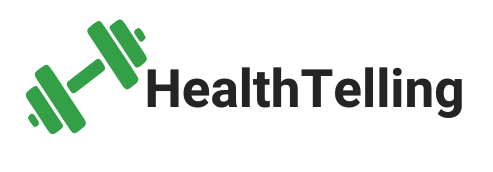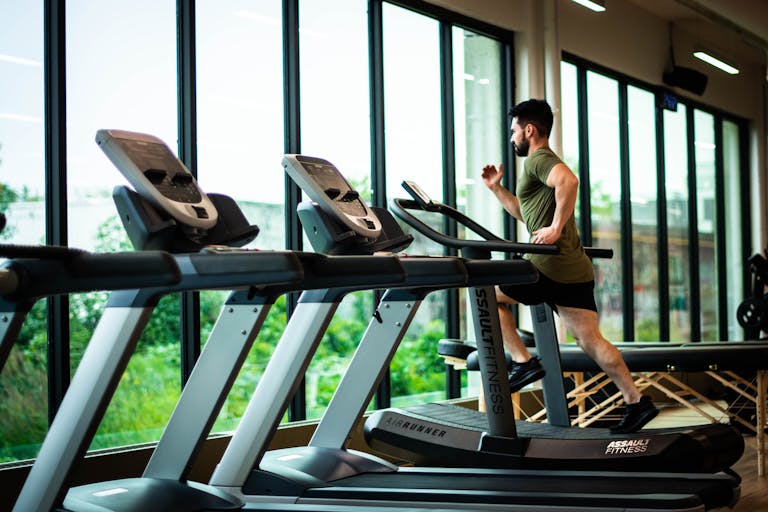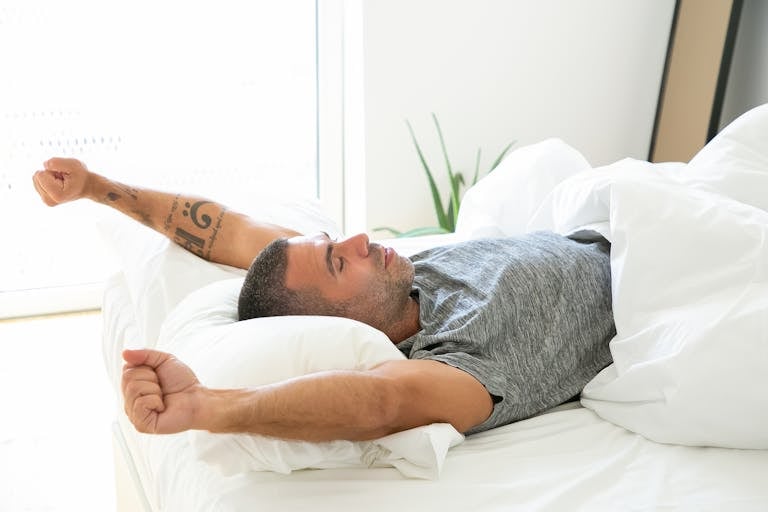The Power of Doing Nothing: Why Rest Is a Wellness Practice (Not a Weakness)

We’ve all been there—guiltily sitting down to rest, only to immediately feel like we should be doing something. A chore. A workout. A project. Something productive.
But what if doing nothing wasn’t lazy?
What if it was necessary?
In a culture that celebrates hustle and constantly being “on,” rest has become something we have to earn. But your body, your brain, and your emotional health don’t run on productivity—they run on rhythm. And one of the most powerful rhythms you can reclaim is the permission to pause.
Let’s talk about the science and soul behind real rest, and why doing nothing—in the right way—might be the healthiest thing you do this week.
What “Doing Nothing” Actually Means
Doing nothing doesn’t mean wasting time. It doesn’t mean scrolling Instagram for two hours. And it definitely doesn’t mean checking emails in bed while telling yourself you’re relaxing.
“Doing nothing” means being still without a goal. It’s unstructured, unscheduled, and often uncomfortable—because it interrupts the feedback loop of needing to be useful all the time.
It can look like:
- Lying on the couch and staring out the window
- Sitting on your porch without a podcast
- Taking a walk with no fitness tracker or destination
- Daydreaming with no intention to act on the thoughts
No productivity. No end goal. Just space.
Why Rest Feels So Hard (and What That Means)
The discomfort of doing nothing often comes from internalized messages:
- “Rest is lazy.”
- “If I’m not productive, I’m falling behind.”
- “I should be doing something right now.”
But those thoughts come from conditioning, not truth. Rest isn’t a luxury. It’s a biological and emotional need.
Without rest, your body stays in a prolonged state of stress. Cortisol remains elevated, sleep becomes fragmented, and your mind begins to race—not because you’re anxious, but because you never turned off the switch.
The Science of True Rest
Rest doesn’t just feel good. It’s backed by solid research across physical, mental, and emotional health.
Physically:
- Lowers cortisol levels, reducing chronic stress load
- Supports parasympathetic nervous system activity (your “rest and digest” state)
- Reduces blood pressure and inflammation
- Aids in muscle recovery and tissue repair
Mentally:
- Improves creativity and problem-solving
- Reduces decision fatigue
- Supports emotional regulation and impulse control
- Enhances focus and attention when you return to tasks
A study published in Cognition found that brief periods of rest improved memory consolidation and task performance—even more than continuing to study.
Doing nothing can make you smarter. Really.
Signs You Might Need More Rest Than You Think
Even if you’re getting 7–8 hours of sleep, you may still be running on fumes if you’re not building in true rest during the day.
Look out for:
- Feeling wired but tired
- Short fuse with loved ones
- Trouble focusing on simple tasks
- Constant low-grade anxiety
- Difficulty falling asleep even when exhausted
- Guilt around rest or downtime
These are signals, not failures. Your body is asking for a break.
5 Rest Practices That Go Beyond Sleep
1. Mind Wandering Time
Let your brain drift. Sit in silence for five minutes and just be. No guided meditation. No agenda. Let your mind explore whatever comes up.
2. Sensory Rest
Turn off music, lights, screens, and background noise for a short period. Our senses are constantly overloaded, even when we don’t realize it.
Try: sitting in a dim room or walking outside without headphones.
3. Creative Rest
You don’t have to produce. Just enjoy. Sketch, dance, doodle, bake—without the pressure to make something shareable or good.
4. Nature Rest
Time outside, especially in green spaces, has been shown to lower stress and improve mood. You don’t have to hike. Just sit in the sun or stand barefoot in the grass.
5. Doing Absolutely Nothing
Yes, this is a category on its own. No podcast. No book. No yoga flow. Just you. A chair. Maybe a cup of tea. This is the muscle we forget how to flex.
How to Make Room for Doing Less (Without Feeling Guilty)
This is the hard part for a lot of us. But rest doesn’t have to be earned. It’s part of the wellness equation, not a reward at the end of it.
Try these mindset shifts:
- Rest isn’t the opposite of productivity. It’s what makes it possible.
- You don’t have to fill every gap in your schedule.
- Your worth isn’t tied to how much you get done.
And if it helps: Schedule unstructured time in your calendar. Call it “white space” or “pause time.” You’d never skip a meeting with someone else—why treat your nervous system differently?
Reset, Don’t Escape
Doing nothing isn’t about checking out. It’s about checking in—giving your brain and body a moment to reset, so you can return to life with more clarity and calm.
So the next time you feel the urge to multitask, hustle harder, or fill the silence—pause. See what happens when you don’t.
What rises up in that space might surprise you: creativity, peace, gratitude, or even just a sigh of relief.






